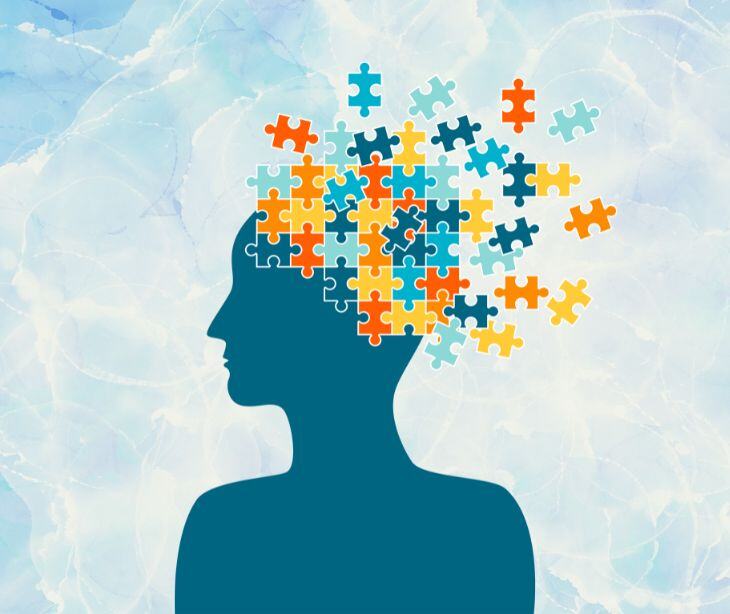2 min read
How HIPAA balances privacy with patient safety in crisis situations
Kirsten Peremore
August 25, 2023

In emergency situations where an individual is unable to provide consent or communicate their preferences, HIPAA allows healthcare providers to use their professional judgment to share limited information with family members, friends, or caregivers. This sharing is done to ensure the individual's safety, well-being, and effective treatment.
HIPAA and reconnecting with family, friends, and caregivers
HIPAA regulations address the role of reuniting patients facing crises with their families, friends, and caregivers. When individuals cannot provide consent or communicate due to various health crises, such as substance use disorders, mental health emergencies, accidents, injuries, or overdoses, HIPAA permits healthcare providers to use their professional judgment to facilitate connections with trusted support networks.
This recognition acknowledges the necessity of involving family, friends, and caregivers in the care and support of the individual during times of vulnerability. The regulations underscore the significance of maintaining individuals' well-being and ensuring that appropriate steps are taken to inform and involve those who can provide necessary assistance in recovery.
See also: HIPAA, disability, and caregiver rights
What information can be shared?
In situations where an individual is facing a health crisis and unable to provide consent or communicate effectively, the following types of information could potentially be shared with family members, friends, and caregivers by healthcare providers, as determined by their professional judgment:
- Location: Information about where the individual is located, such as the hospital, treatment facility, or medical center.
- General condition: General information about the individual's condition, including whether they are stable, undergoing treatment, or require immediate attention.
- Nature of crisis: Basic details about the nature of the crisis, such as substance use disorder, mental health emergency, accident, injury, or overdose.
- Involvement of family and caregivers: If the individual has had prior involvement of family members, friends, or caregivers in their healthcare, healthcare providers may inform these individuals of the situation.
- Support needs: Information related to the individual's immediate support needs, ensuring that family, friends, and caregivers can provide appropriate assistance.
- Contact information: Contact information for healthcare providers or facilities, enabling family, friends, and caregivers to inquire about the individual's condition and coordinate support.
- Notification: Basic notification that the individual has been involved in an emergency or crisis situation, prompting family, friends, and caregivers to be available and responsive.
See also: Spouses, family members and marriage under HIPAA
When does HIPAA allow for information to be shared?
In these situations, healthcare providers can use their professional judgment to share information with family members, friends, and caregivers to ensure the individual's well-being and receive appropriate care and support. Sharing is generally permitted when:
- Individual's consent or presence: If the individual is conscious, capable of providing consent, and present, they can grant permission for their healthcare providers to share information with specific individuals.
- Best interest: If the individual is unable to provide consent or communicate, healthcare providers may use their professional judgment to determine that sharing certain information is in the individual's best interest, especially when family, friends, or caregivers have been involved in the individual's care in the past.
- Emergency situations: In emergency situations, healthcare providers may share information without the individual's consent when it's necessary to ensure the individual's safety and well-being, such as notifying family members or caregivers after an accident or overdose.
Subscribe to Paubox Weekly
Every Friday we'll bring you the most important news from Paubox. Our aim is to make you smarter, faster.



